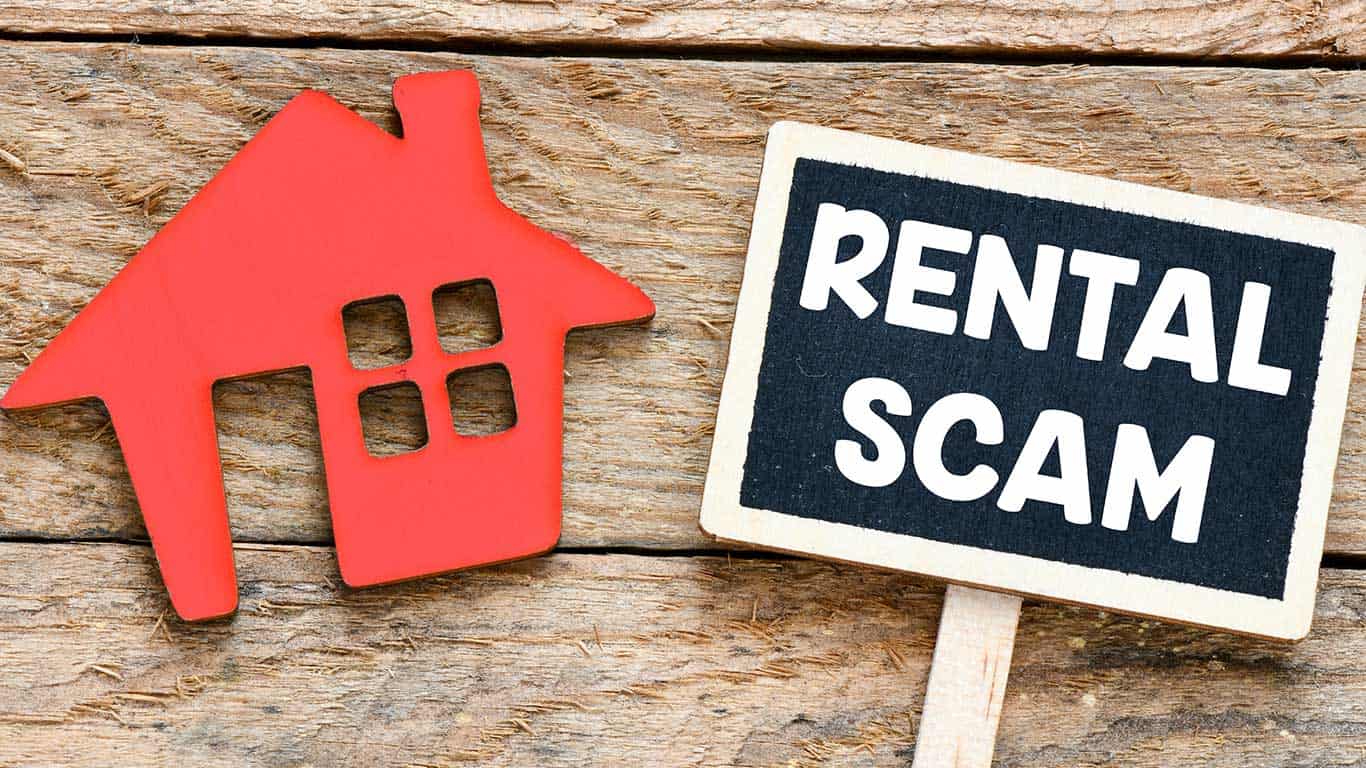Fake rental property scams are a growing menace in the digital age, targeting unsuspecting individuals seeking affordable housing. Scammers use deceptive tactics to exploit the trust and financial stability of their victims. In this article, we will explore the signs of fake rental property scams and provide actionable measures to protect yourself from falling prey to these schemes.
Common Signs of Fake Rental Property Scams
- Unusually Low Rent Prices Scammers often lure victims by advertising properties at prices significantly lower than market rates. If a deal seems too good to be true, it probably is.
- High-Pressure Tactics Scammers may rush you into making payments, claiming that other renters are interested or that the deal will expire soon. Genuine landlords typically give tenants ample time to decide.
- Requests for Upfront Payments Fraudsters often ask for security deposits or the first month’s rent before you’ve seen the property or signed a lease. Legitimate landlords generally require payments after an agreement is finalized.
- No In-Person Property Viewing If the landlord refuses to show you the property or provides excuses for why they cannot meet you in person, it’s a red flag.
- Unverifiable Property Ownership Scammers often claim ownership of properties they do not own. They might use fake documents or stolen identities to appear credible.
- Communication via Unsecured Channels Many scammers rely on emails, messaging apps, or calls to conduct their schemes, avoiding face-to-face meetings or official communication channels.
Measures to Avoid Falling for Fake Rental Property Scams
- Research Market Rates Familiarize yourself with the average rental prices in your desired area. This knowledge will help you spot unrealistic offers.
- Inspect the Property in Person Always request an in-person viewing before making any payments. If you’re unable to visit, ask someone you trust to inspect the property on your behalf.
- Verify Property Ownership Cross-check the property’s ownership with local land records or official property registries. Ensure that the person claiming to be the landlord has the legal right to rent the property.
- Avoid Upfront Payments Never transfer money before signing a lease and verifying the legitimacy of the landlord and property.
- Use Trusted Platforms Rely on reputable rental websites or licensed real estate agents to find properties. Check the platform’s reviews and policies to ensure security.
- Be Wary of Unsecured Communication Conduct all communications through secure and traceable channels. Avoid sending sensitive information via email or unsecured messaging apps.
- Request a Lease Agreement Legitimate landlords will provide a written lease agreement outlining all terms and conditions. Review the document carefully and consult a legal expert if necessary.
- Check for Duplicate Listings Scammers often steal legitimate property photos and post them in multiple ads. Use reverse image search tools to see if the property is listed elsewhere.
- Trust Your Instincts If something feels off about the landlord or the property, trust your gut and walk away.
- Report Suspicious Listings Notify the platform or local authorities about any suspicious listings to protect others from falling victim to scams.
What to Do if You’ve Been Scammed
- Report to Law Enforcement File a report with your local police department. Provide all evidence, including emails, receipts, and correspondence.
- Notify Your Bank If you’ve made payments, inform your bank or credit card company immediately to attempt a reversal or dispute.
- Alert Rental Platforms Inform the platform where the fraudulent listing was posted. They can investigate and remove the listing to prevent further scams.
- Spread Awareness Share your experience on social media or community forums to warn others about the scam.
Conclusion
Fake rental property scams are a serious threat to online users seeking housing. By staying informed, conducting due diligence, and following the protective measures outlined above, you can reduce your risk of falling victim to these schemes. Always prioritize caution and verify all details before committing to a rental agreement.














